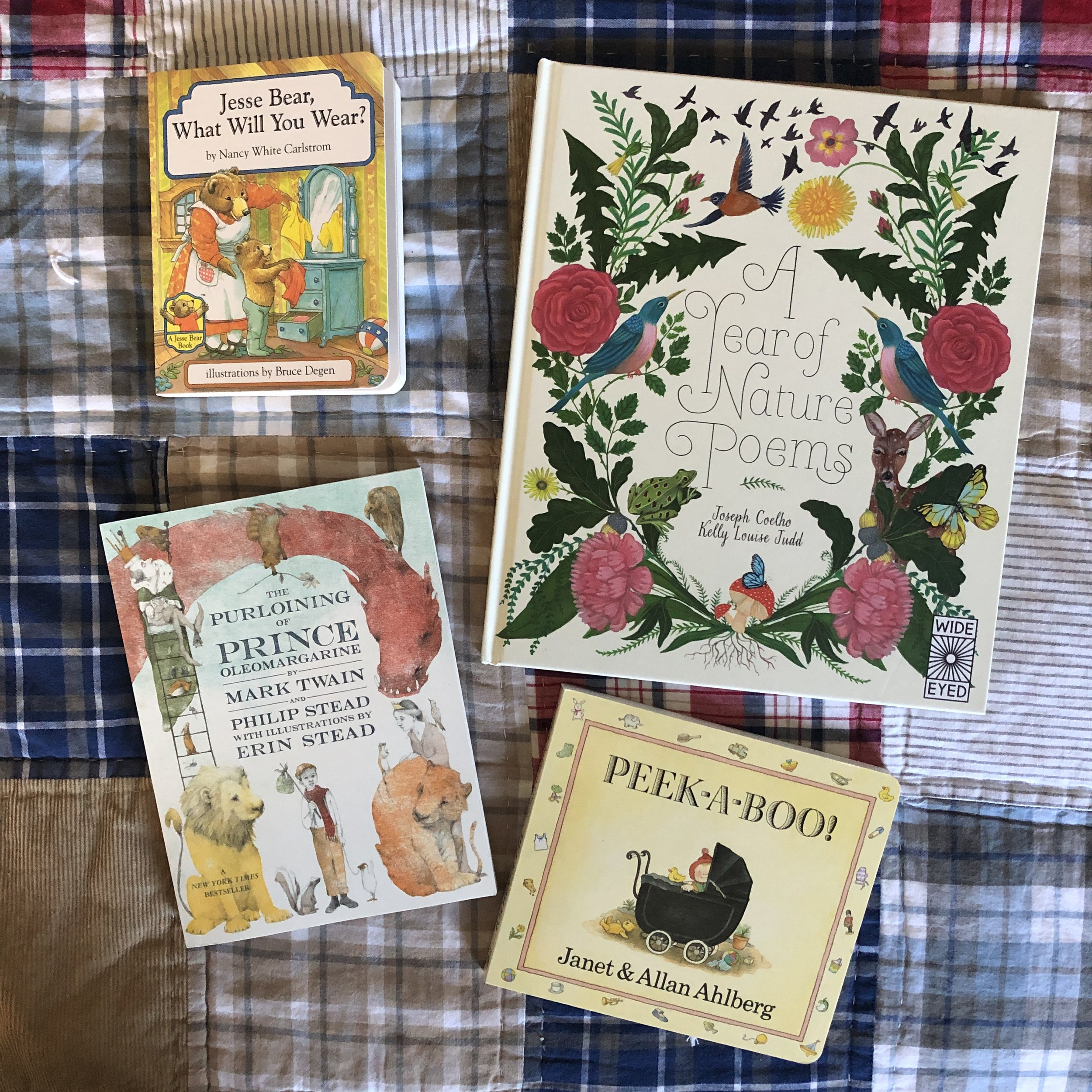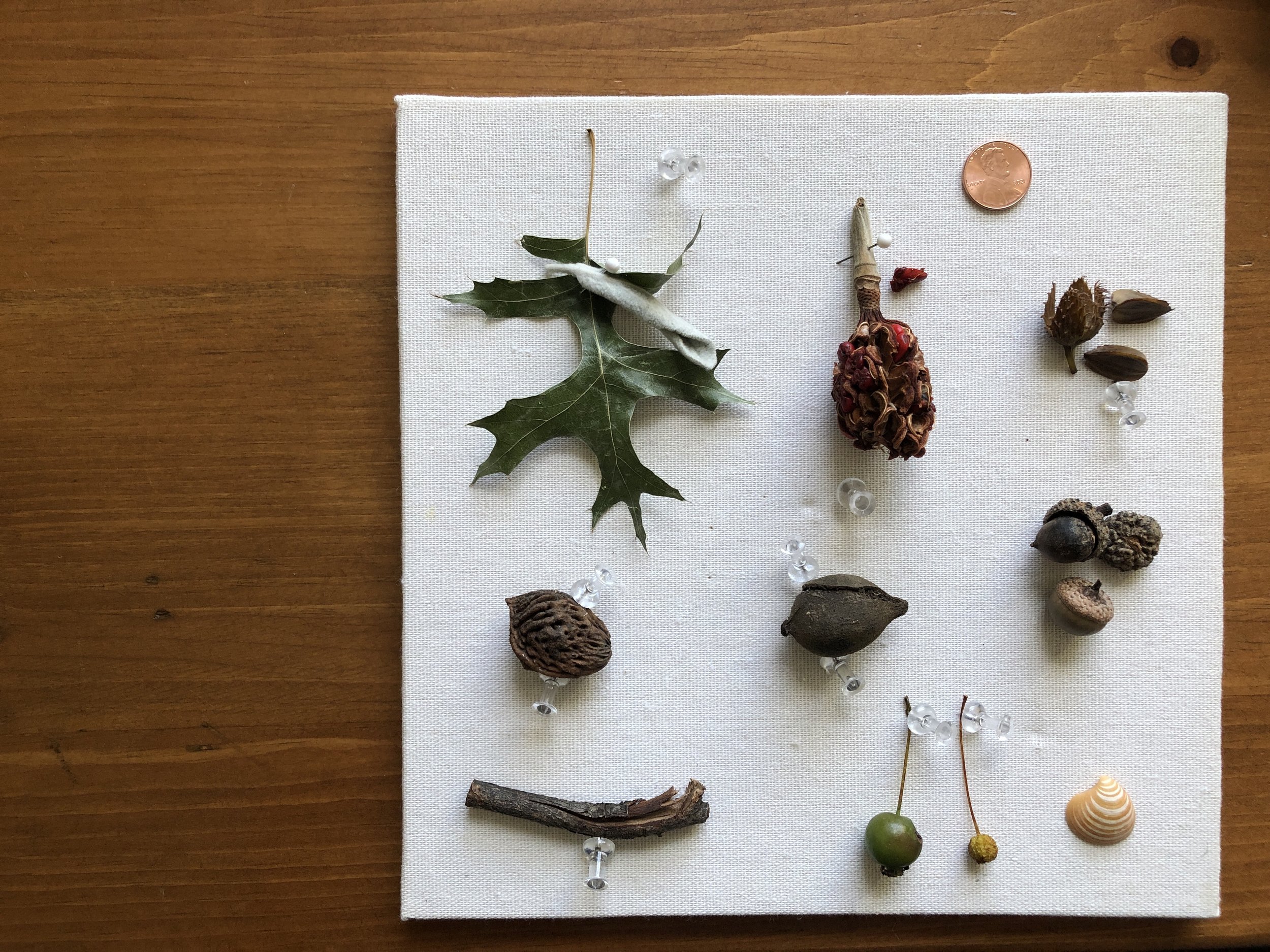For The Time Being: A Christmas Oratorio
For The Time Being: A Christmas Oratorio
W.H. Auden (1907-1973)
Well, so that is that. Now we must dismantle the tree,
Putting the decorations back into their cardboard boxes --
Some have got broken -- and carrying them up to the attic.
The holly and the mistletoe must be taken down and burnt,
And the children got ready for school. There are enough
Left-overs to do, warmed-up, for the rest of the week --
Not that we have much appetite, having drunk such a lot,
Stayed up so late, attempted -- quite unsuccessfully --
To love all of our relatives, and in general
Grossly overestimated our powers. Once again
As in previous years we have seen the actual Vision and failed
To do more than entertain it as an agreeable
Possibility, once again we have sent Him away,
Begging though to remain His disobedient servant,
The promising child who cannot keep His word for long.
The Christmas Feast is already a fading memory,
And already the mind begins to be vaguely aware
Of an unpleasant whiff of apprehension at the thought
Of Lent and Good Friday which cannot, after all, now
Be very far off. But, for the time being, here we all are,
Back in the moderate Aristotelian city
Of darning and the Eight-Fifteen, where Euclid's geometry
And Newton's mechanics would account for our experience,
And the kitchen table exists because I scrub it.
It seems to have shrunk during the holidays. The streets
Are much narrower than we remembered; we had forgotten
The office was as depressing as this. To those who have seen
The Child, however dimly, however incredulously,
The Time Being is, in a sense, the most trying time of all.
For the innocent children who whispered so excitedly
Outside the locked door where they knew the presents to be
Grew up when it opened. Now, recollecting that moment
We can repress the joy, but the guilt remains conscious;
Remembering the stable where for once in our lives
Everything became a You and nothing was an It.
And craving the sensation but ignoring the cause,
We look round for something, no matter what, to inhibit
Our self-reflection, and the obvious thing for that purpose
Would be some great suffering. So, once we have met the Son,
We are tempted ever after to pray to the Father;
"Lead us into temptation and evil for our sake."
They will come, all right, don't worry; probably in a form
That we do not expect, and certainly with a force
More dreadful than we can imagine. In the meantime
There are bills to be paid, machines to keep in repair,
Irregular verbs to learn, the Time Being to redeem
From insignificance. The happy morning is over,
The night of agony still to come; the time is noon:
When the Spirit must practice his scales of rejoicing
Without even a hostile audience, and the Soul endure
A silence that is neither for nor against her faith
That God's Will will be done, That, in spite of her prayers,
God will cheat no one, not even the world of its triumph.
Diego Reading
Jack Chambers
1970
Merry Christmas
final pages of Trina Schart Hyman’s illustrated edition of A Child’s Christmas in Wales by Dylan Thomas
Advent Light
Pardon in Brittany, by Gaston La Touche (1896)
To the Bright Edge of the World
―from Eowyn Ivey’s To The Bright Edge of the World
“That is excitement. We catch only glimpses, a burst of movement, a flap of wings, yet it is life itself beating at shadow's edge. It is the unfolding of potential; all of what we might experience and see and learn awaits us.”
“Everywhere, even in the blackest abyss, he believed one might witness the divine. The shadows and contrast―absence itself―as important as the light and marble, for one cannot exist without the other.”
Farm Garden with Crucifix
Farm Garden with Crucifix by Gustav Klimt (1911)
Begin Again
“It is never too late to begin again. It is never too late to turn over a new leaf. In spite of the atom bomb, the jet plane, the conflict with Russia, ten just men may still save the city.”
-Dorothy Day
A Prayer by Claude McKay
A Prayer, 1922
A Poem by Claude McKay
'Mid the discordant noises of the day I hear thee calling;
I stumble as I fare along Earth's way; keep me from falling.
Mine eyes are open but they cannot see for gloom of night: I can no more than lift my heart to thee for inward light.
The wild and fiery passion of my youth consumes my soul; In agony I turn to thee for truth and self-control.
For Passion and all the pleasures it can give will die the death; But this of me eternally must live, thy borrowed breath.
'Mid the discordant noises of the day I hear thee calling;
I stumble as I fare along Earth's way; keep me from falling.
Arvo Pärt's "Pilgrim's Song"
After reading Psalm 121 below, listen to Arvo Pärt’s Pilgrim’s Prayer/Song (Wallfahrtslied). Here are some words of introduction written by Arvo Pärt, the composer:
When my friend Grigori Kromanov, the Estonian film and stage director, died in July 1984, it was like a bolt from the blue. Suddenly an invisible rift had opened up between us – with me still on the side of time and him already in the sphere of timelessness.
My Pilgrim’s Song is an attempt to overcome this insurmountable gap through a gentle touch, a greeting. I wanted the two worlds, Here and There, to merge in the music, as contrasting layers – that was the origin of the work.
On the one side, there is the dynamism and mobility of the orchestra – and on the other, the static quality of
the men"s voices, reduced to a single pitch, with the serenity of a mountain. I will lift up mine eyes unto the hills...
Arvo Pärt
Psalm 121:
1
A song of ascents.
I raise my eyes toward the mountains.
From whence shall come my help?
2
My help comes from the Lord,
the maker of heaven and earth.
3
He will not allow your foot to slip;
or your guardian to sleep.
4
Behold, the guardian of Israel
never slumbers nor sleeps.
5
The Lord is your guardian;
the Lord is your shade
at your right hand.
6
By day the sun will not strike you,
nor the moon by night.
7
The Lord will guard you from all evil;
he will guard your soul.
8
The Lord will guard your coming and going both now and forever.























